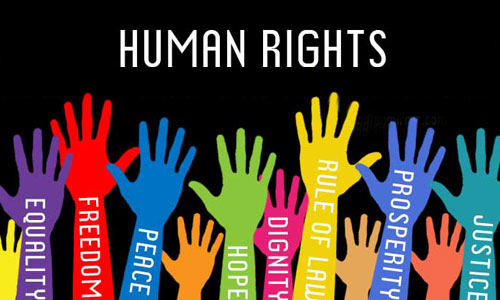Just Energy Transition And Human Rights Protection

By Jecinta Mbamara
Safeguarding the civic space and human rights in just energy transition was the topic of the fifth edition of Spaces for Change (S4C) JET radio program produced as part of the Extractive Industry and Climate Change Governance Project with support from the Africa Centre for Energy Policy (ACEP).
Speaking at OzisaFm Radio Owerri, Imo State, on the topic, Barr. Ikechukwu Ironali, Assistant Chief Legal Officer, National Human Rights Commission, Imo State, and Barr. Lawrence Oboh, legal practitioner, S4C, gave details of what just energy transition means, the benefits of enlightening hosts communities on their rights as well as the steps in negotiation with investors.
The resource persons who spoke about the effect of fossil fuel and how it violates human rights, how human rights violation can occur in energy transition, and the risks transition to renewable energy poses to civic space, also shared how host communities can be supported by civil society organizations to demand for the protection of their rights.
According to the guests, a just transition entails carrying everyone along and leaving no party behind during the energy transition process. They argued that the government should be guided by the provisions of the economic, social, and cultural rights enshrined in Chapter 2(13-24) of the 1999 Constitution.
On how to support host communities to benefit directly from the switch to renewable energy, the experts advised that training on use of new applicable technology is critical, to enable community members participate effectively with the imminent technology transfer. They also emphasized the need for government to end reliance on foreign technologists but to rather encourage knowledge transfer to Nigerians.
Click the audio below to listen to the full conversation.























